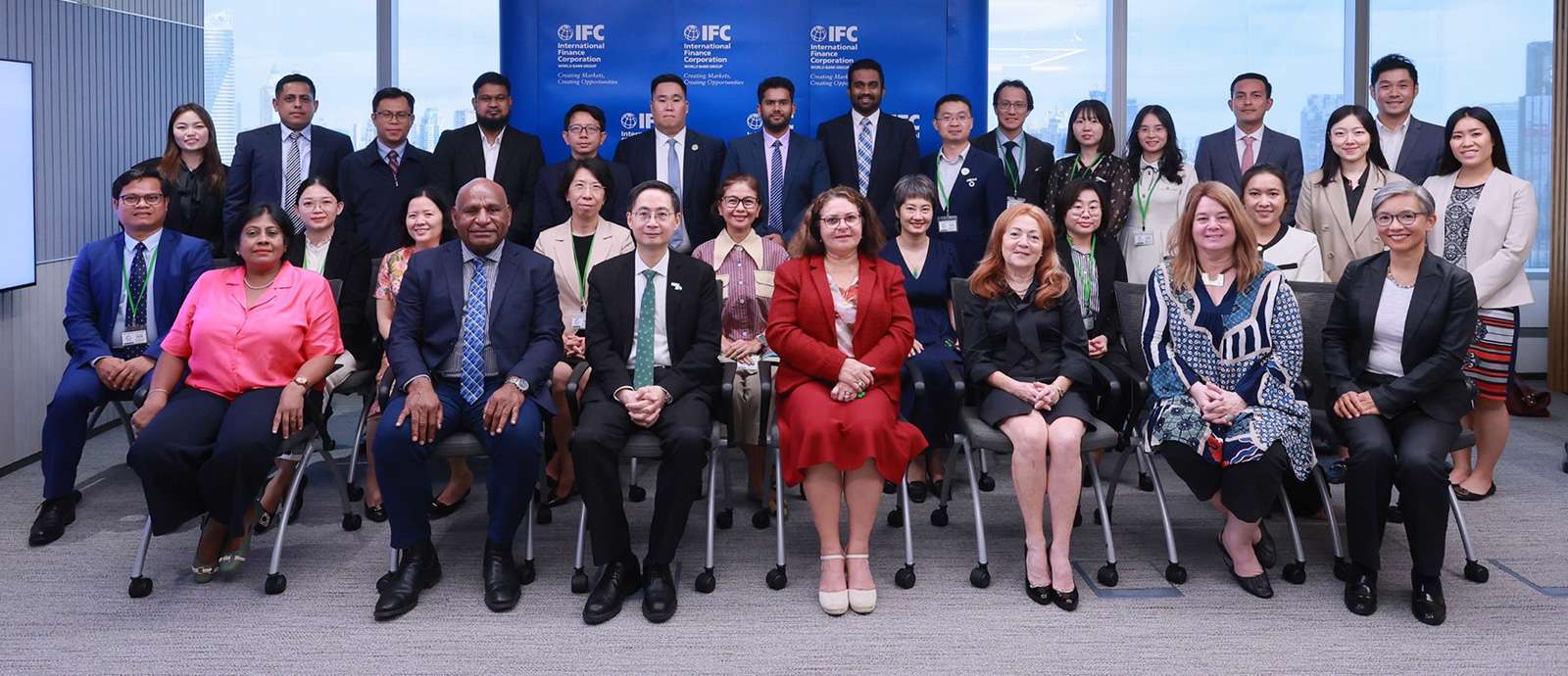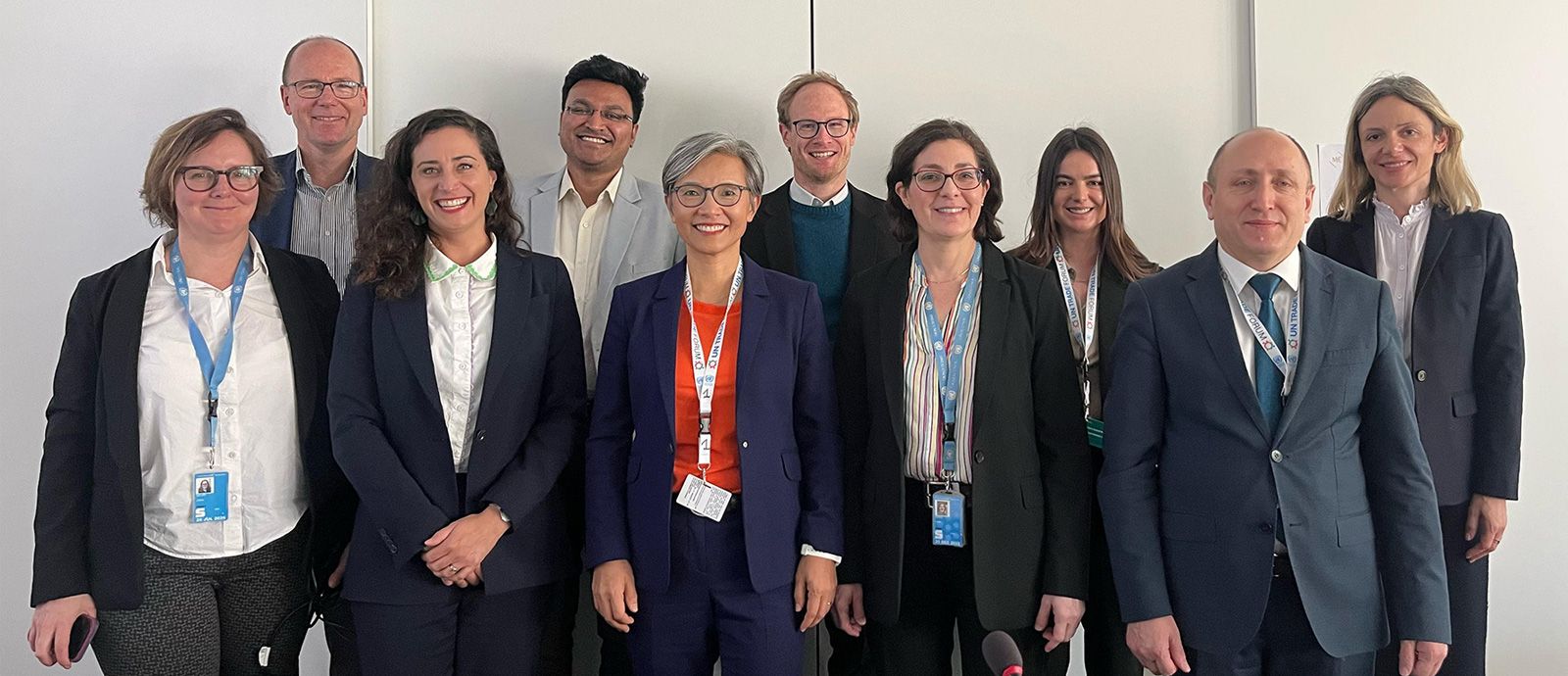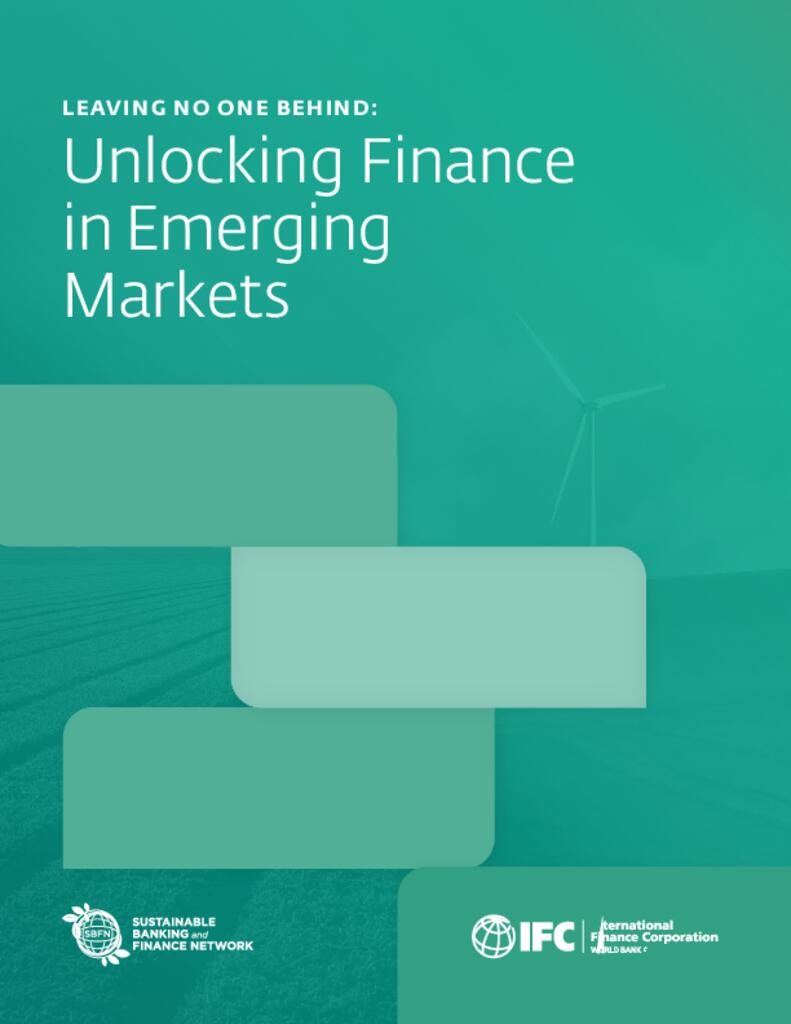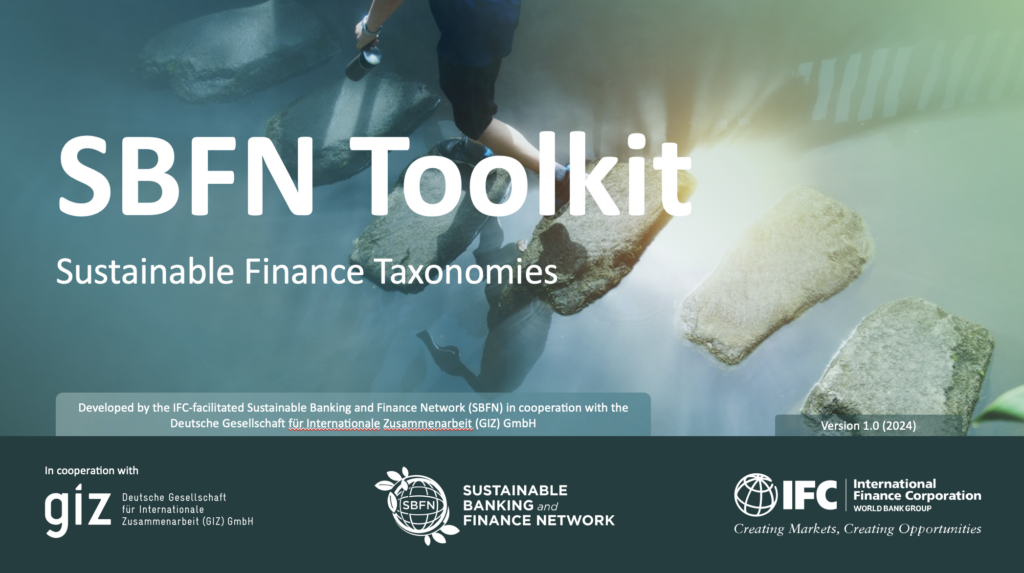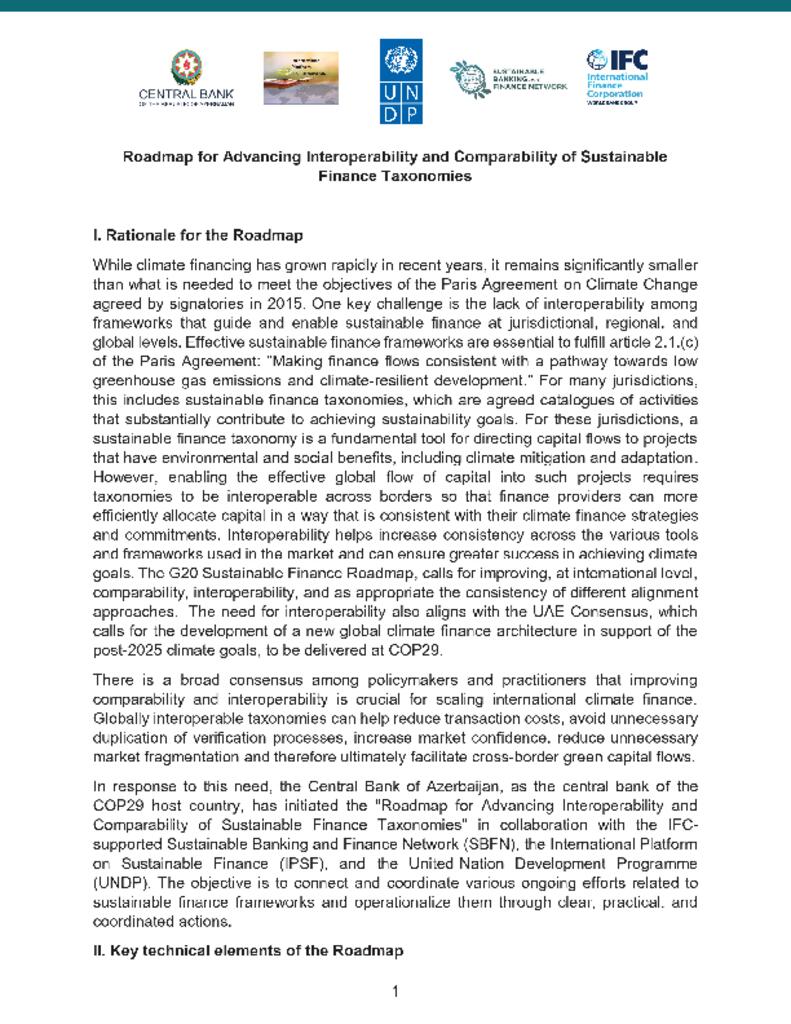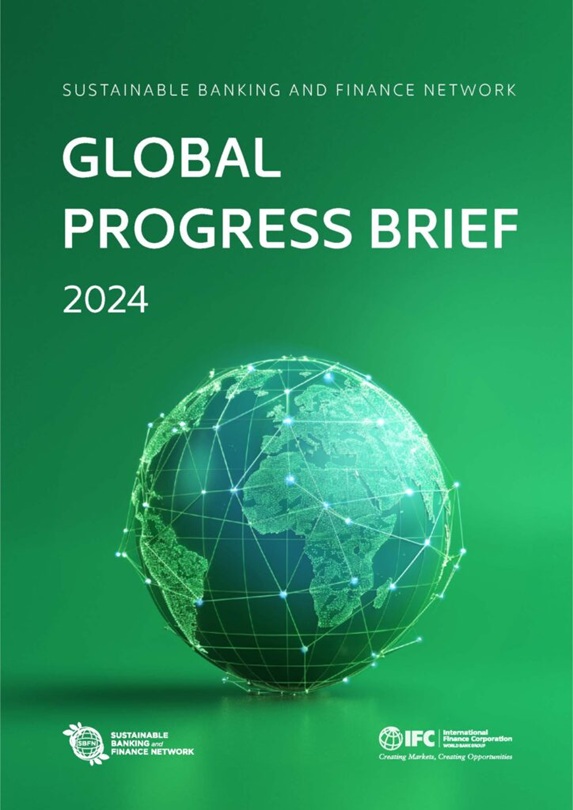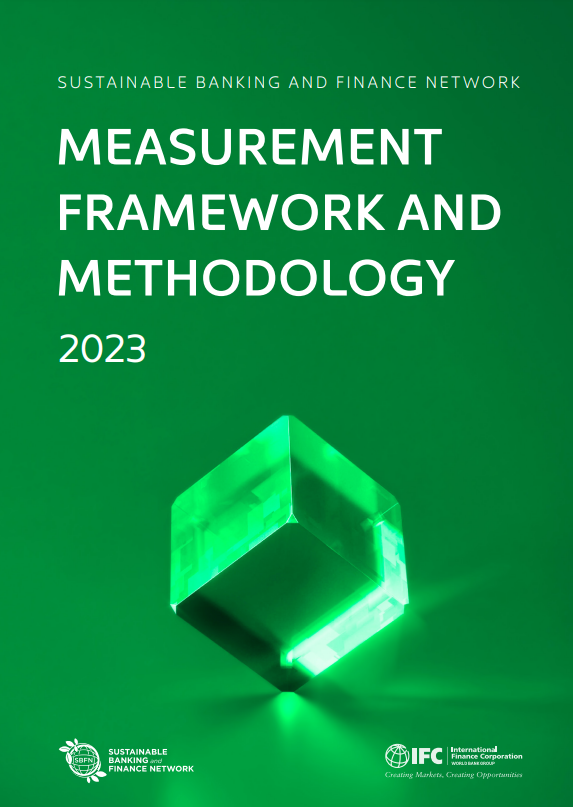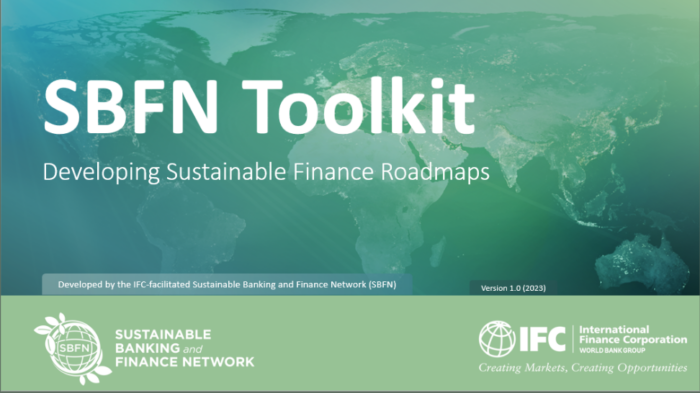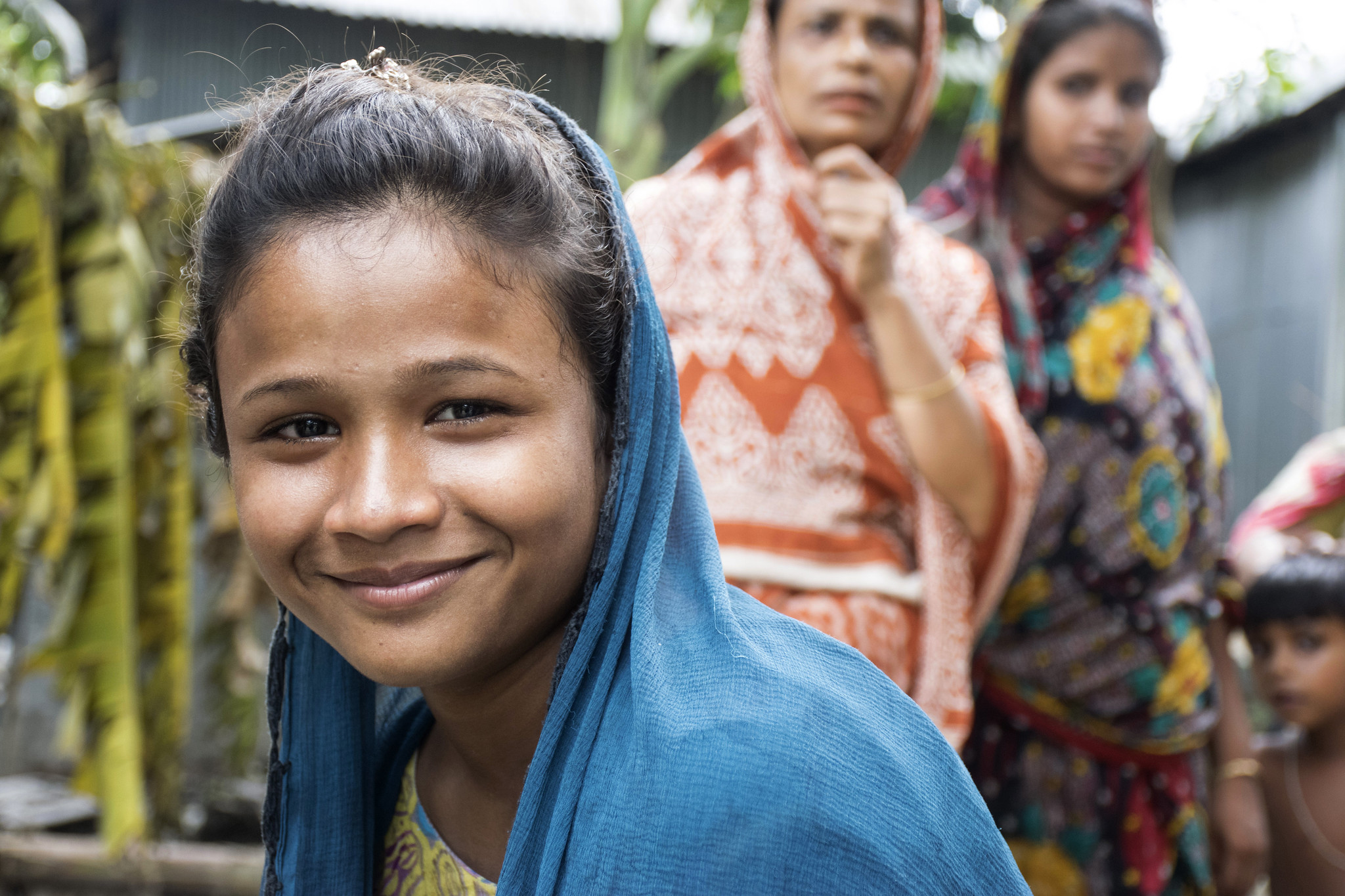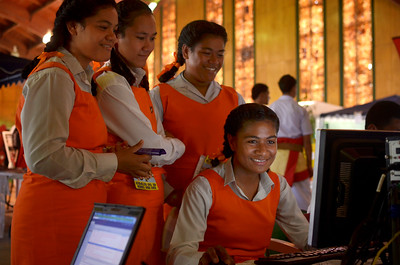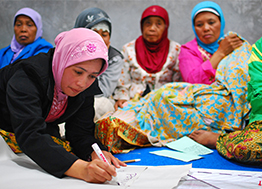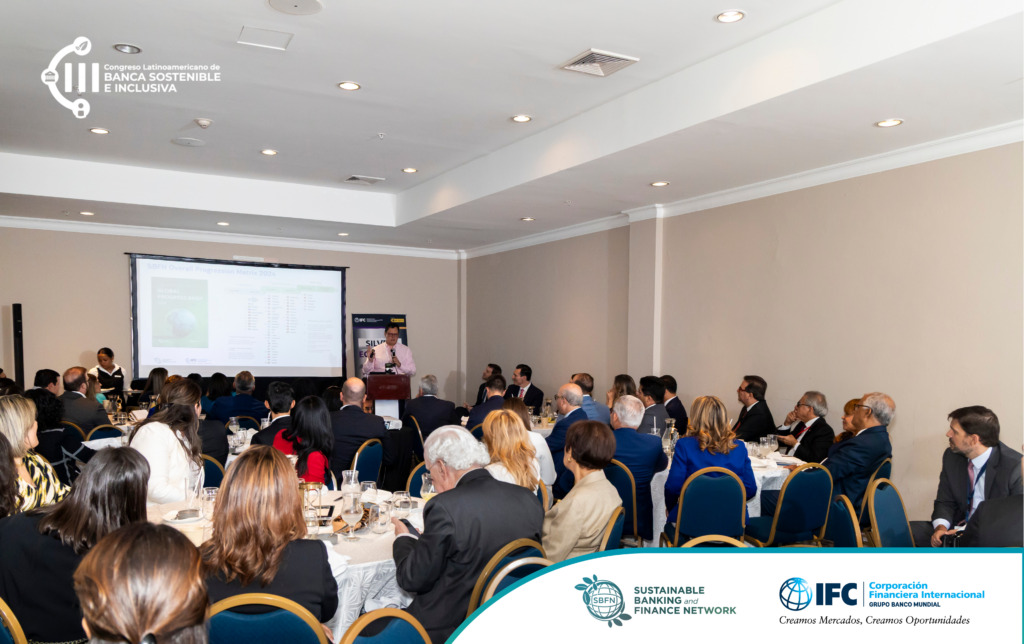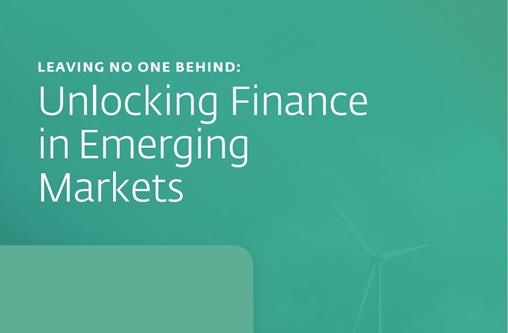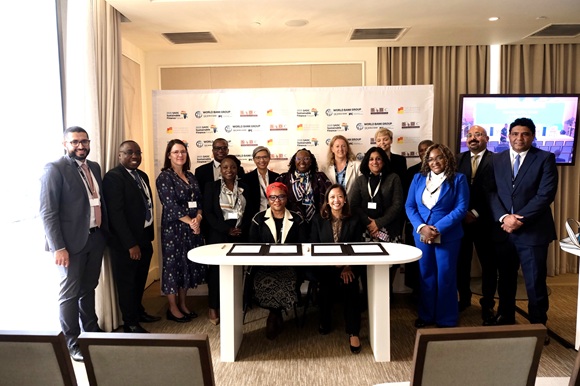About SBFN

The Sustainable Banking and Finance Network (SBFN) is a platform for knowledge sharing and capacity building for financial sector regulators and industry associations across emerging markets.
Facilitated by IFC as the secretariat and supported by the World Bank Group, SBFN mobilizes information, resources, and practical support to help members design and implement initiatives that advance sustainable finance at national, regional, and global levels.
Our members are committed to:
- Improving the management of environmental, social, and governance (ESG) risks – including climate risks – across the financial sector.
- Increasing capital flows to activities with positive environmental and social impacts, including climate change mitigation and adaptation.
Our Members
SBFN is open to financial regulatory bodies and industry associations from emerging markets that are committed to developing, implementing and evaluating sustainable finance regulations, guidelines, and policy actions.
Our members collaborate through peer-to-peer exchanges and thematic working groups to advance sustainable finance initiatives.
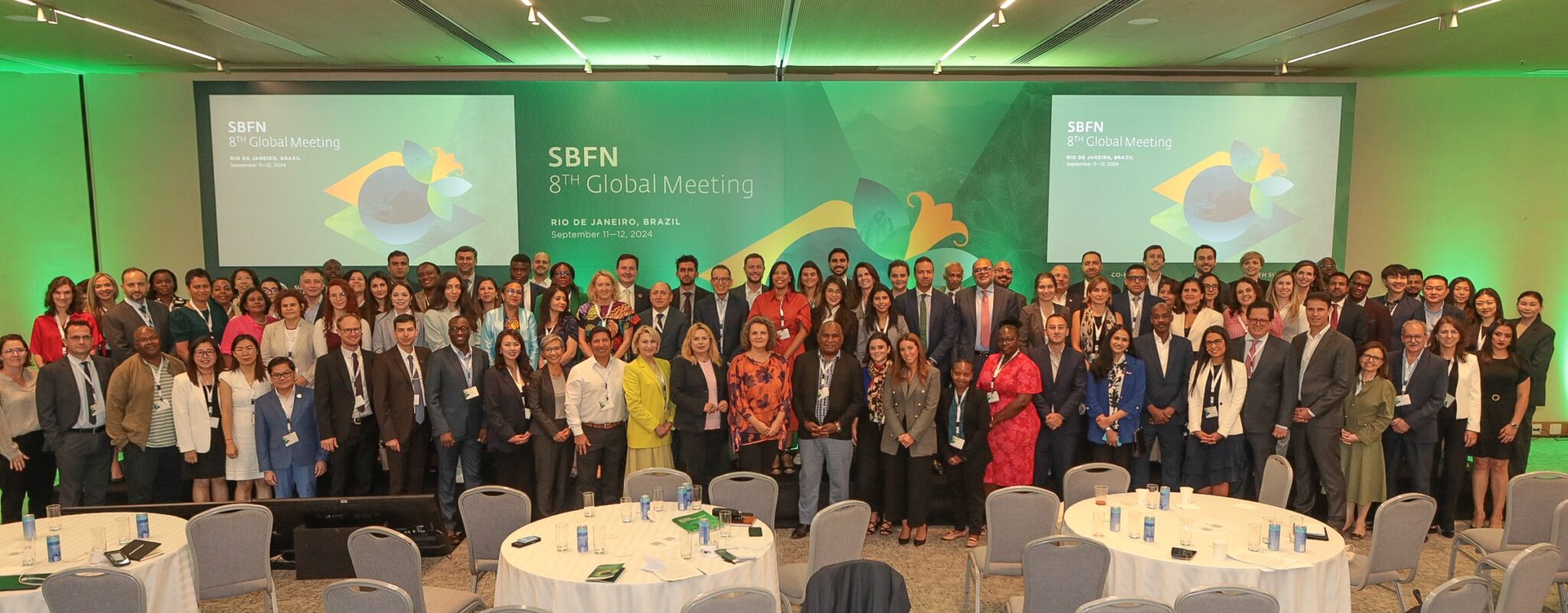
Publications
Our Working Groups
Currently four member-led thematic working groups are established within SBFN

